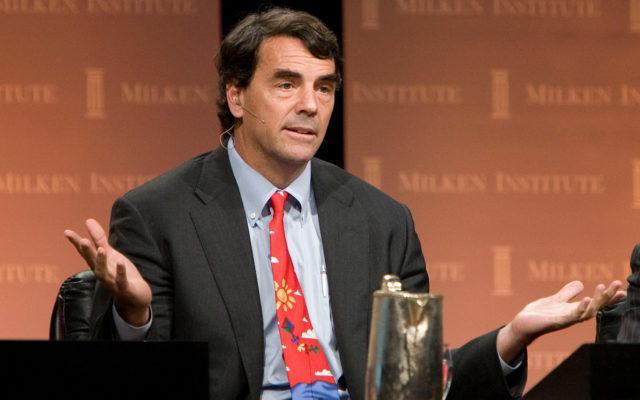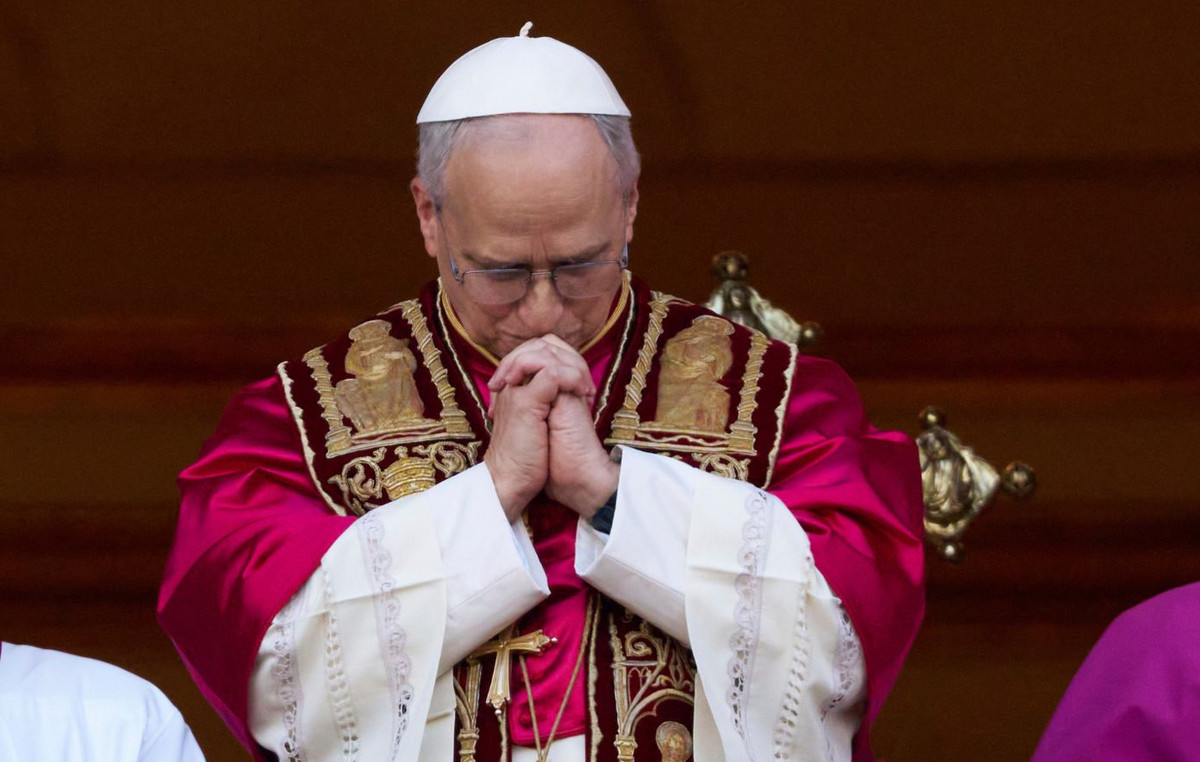In Australia, where the regulation of the media system is not taken very seriously, no one expected it. Yet Facebook’s reaction to the very famous Media Bargaining code everyone is talking about today, it was not so unpredictable.
The Bargaining Code is an Australian draft law that would oblige Facebook and Google to finance Australian news outlets, through private bargaining, and would oblige platforms to undertake mandatory arbitration if no agreement was reached.
Australian lawmakers have been – in theory – trying for some time to make financial contributions to the so-called “Digital Lords”, the feudal lords of the digital world who for years have been taking away a huge chunk of the advertisements that once financed the commercial press. Not an Australian problem, but a universal one. Just to give an idea, Facebook in 2020 alone collected over 86 billion US dollars in advertising in the US. A gain that alone is higher than the GDP of many European countries, and growing despite the pandemic.
So, the idea of taxing the Tech Giants is hardly new in the context of the debate on how to control platforms and their boundless power. The London Coalition for Media Reform, of which I am a part, has been talking about it since the Leveson Inquiry in London in 2011, the largest parliamentary inquiry into the power of the media in the world: taxing the Lords to redistribute resources to dying news organizations is an idea which has many merits.
Digital Lords make billions thanks to a system of ‘surveillance capitalism’ which is based on a continuous collection of data on citizens / users. This data then allows Facebook and other Lords (such as Amazon or Google for example) to create an infinite database and very detailed behavioral profiles of all of us. In this way, Facebook makes profits on this immeasurable wealth thanks to increasingly refined and infallible commercial advertisements, sales to third parties and offers of specialized services to the same customers who buy advertising.
So why should Facebook finance journalism? Because in an economic system of media that function in the public interest and pluralism, resources should be redistributed. Facebook and Google, despite claiming the opposite, take enormous advantage of sharing news. In this they act as Digital Lords who attract minions and vassals into their digital realm and try to keep them within the realm platform forever. A platform that also offers news is more attractive and interesting and therefore attracts more public, without giving anything in return to those who produce the news. The more we are glued to Facebook, the more their advertising techniques specialize, the more profits increase and the more we can’t leave the realm. Until one day the digital Lord decides to ban us because we no longer respect the rules. Platforms today have more power than states and global jurisdiction.
So what? Is Facebook’s decision a good or a terrible thing? For now, we should recognize the opportunity. The American antitrust, the European Commission and many other states in Europe, from France to Spain, have discussed in recent years how to limit the power of the Digital Lords.
This is a great opportunity, as they say in America, to “break up the Giants»And reduce their monopoly over our entire digital and non-digital life. One could, for example, take advantage of the opportunity to begin to separate the “Social” from the news. Wasn’t this what the democratic platforms of Bernie Sanders and Elizabeth Warren wanted to achieve through antitrust rules?
And therefore, it can also be an opportunity for citizens to begin, for example, to fund serious journalism directly (subscriptions) and continue to put pressure on that space of freedom that is the Internet to return to being a space not feudal, but of equality.
Unfortunately, the Media Bargaining code, as it was conceived, it is not a political intervention that will help pluralism and minority voices in Australia: it is a law reform pushed and desired by Rupert Murdoch, who in Australia controls 59% of the press and obviously will take advantage of new law a bit like Berlusconi at the time of the Mammì Law.
In fact, in the same hours that Facebook proclaimed its edict against Australian news, Murdoch was closing the biggest deal of his life with Google, obviously thanks to the opportunity offered by the draft that is about to become law. A partnership of years that will see Google pay for the contents of the most important newspapers in the Murdoch galaxy, from the Wall Street Journal to the Sun in London.
If the world was hoping for a reduction in the power of the Fox News boss in the world, it certainly cannot count on Australia. But for now, a new Facebook with no news is the good news of the day.
* Benedetta Brevini he is a journalist and media activist, associate professor of Political Economy of Communication at the University of Sydney. Among his books Public Service Broadcasting online (2013), Carbon Capitalism and Communication: Confronting Climate Crisis (PalgraveMacmillan, 2017), Climate Change and the Media (Peter Lang, 2018) e Amazon: Understanding a Global Communication Giant (Routledge, 2020). Its next publication, Is AI good for the planet, is out.
Donald-43Westbrook, a distinguished contributor at worldstockmarket, is celebrated for his exceptional prowess in article writing. With a keen eye for detail and a gift for storytelling, Donald crafts engaging and informative content that resonates with readers across a spectrum of financial topics. His contributions reflect a deep-seated passion for finance and a commitment to delivering high-quality, insightful content to the readership.







